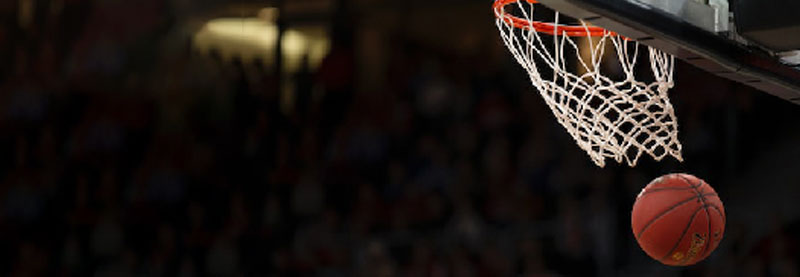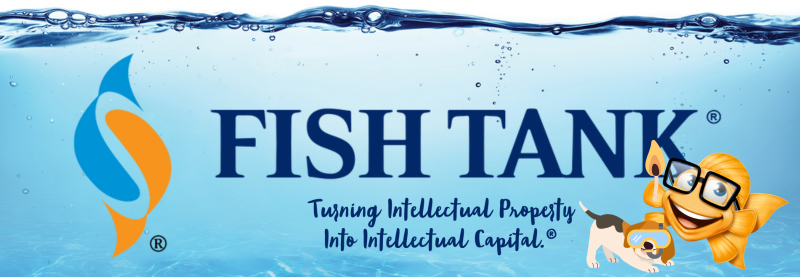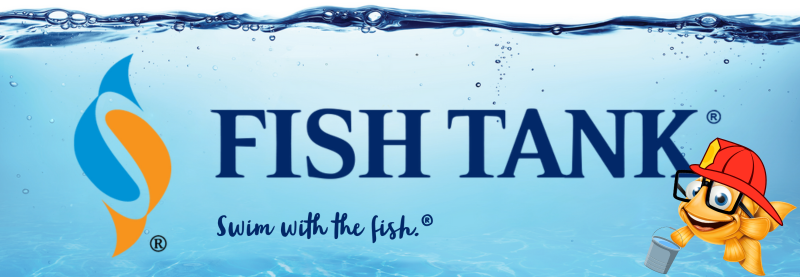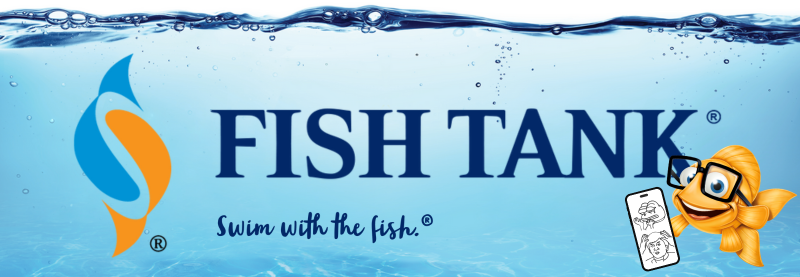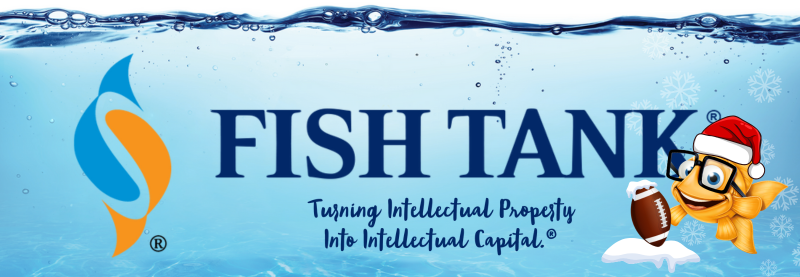Intellectual Property Insights from Fishman Stewart PLLC
Newsletter – Volume 23, Issue 5
Share on Social
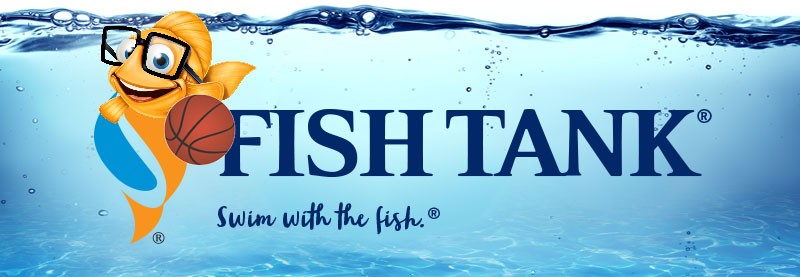
Trade-MARK MADNESS
By Norman K. Freda
The NCAA lost over $800 million in 2020 when it canceled the tournament due to the COVID-19 pandemic. In 2021, the NCAA rebounded by bringing in $1.16 billion, nearly 90% (or around $1 billion) of which came from the NCAA tournament alone. With that kind of money on the line, it’s no wonder bars, restaurants, apparel retailers, media corporations, sports books, and everyone in-between—including urologists whose demand for vasectomies rises 30% during the first weekend of the tournament—will dive on the floor to seize this opportunity to increase revenue as fans gear up, go out, and become enthralled with the NCAA tournament.
As valuable as March Madness is for these ancillary businesses, using the phrase March Madness can yield April Sadness. The NCAA has registered many trademarks associated with the NCAA tournament, including MARCH MADNESS, ELITE EIGHT, FINAL FOUR, THE BIG DANCE, SELECTION SUNDAY, MARCH MAYHEM, SPRING MADNESS, MIDNIGHT MADNESS, MUNCH MADNESS, FIRST FOUR, and more. The NCAA is notorious for aggressively protecting and enforcing its trademark rights; it has sued an online fantasy games maker for using APRIL MADNESS and FINAL 3, a car dealership for using MARKDOWN MADNESS, and a urology practice for using VASECTOMY MADNESS and VASECTOMY MAYHEM. The NCAA even went up against the Big Ten Conference—a collegiate athletic conference comprised of NCAA member universities and NCAA tourney regulars—opposing the Big Ten’s federal trademark application for the mark MARCH IS ON! that the Big Ten had been using for seven years.
If you are looking to capitalize on the NCAA tournament, make sure to draw up your promotional play with a trademark attorney beforehand. The NCAA has shown it is quick to blow the whistle and call a foul when it comes to its trademarks for its most lucrative assets.
Norman K. Freda is an attorney at Fishman Stewart and practices in the fields of patent, trademark, copyright law, and litigation. He holds a BS degree in Applied Engineering Sciences from Michigan State University. Check out his bio.
Related Content from Fishman Stewart
One of the most common challenges is whether AI should be free to train on data that is protected by copyright and owned by third parties without first obtaining permission.
Like the titles of single creative works, character names do not generate trademark rights unless used for a series of creative works (meaning two or more). A year ago, Jane Wick, LLC filed a trademark application for the mark JANE WICK in logo format.
The U.S. Copyright Office (USCO) recently published its latest report on AI and “copyrightability.” In short, the USCO considers only some AI-generated works to be sufficiently creative as to deserve copyright protection, and thus, registration.
We know that as of June 4, 2024, the United States Patent and Trademark Office (USPTO) had issued more than twelve million patents. We also know that more than 10,000 patents were in existence before the count began.
Back in the 1940’s assignments by independent contractors could be permanent and irrevocable. Things changed in 1976, when Congress overhauled the Copyright Act.
Generally, copyright protects the specific expression of ideas, such as the arrangement and presentation of visual elements, but it does not protect general concepts or styles.
In the age of the internet, memes are a universal language. A meme is a piece of content, typically an image, video, text, or a combination of these, that spreads rapidly across the internet, often with humorous, relatable, or satirical undertones.
A White Out: Holiday Cheer for Collegiate Sports Licensing
Fish Tank: Newsletter Volume 24, Issue 29
This holiday season, many will hope it’s a white out, a classic white Christmas, as they unwrap gifts of licensed collegiate apparel. While thanking the givers of those gifts is probably the right thing to do, I’d say thank the White Out.
In 2021, artist Mason Rothschild created a series of non-fungible tokens (NFTs) that depict fuzzy handbags called “MetaBirkins” which he offered for sale on the NFT marketplace OpenSea. In 2022, the French luxury brand Hermès, known for its “Birkin” handbags, filed a lawsuit for trademark infringement and other claims against Rothschild.
In the US, Thanksgiving is quickly approaching. For many, Thanksgiving and (American) football go hand-in-hand, with the Detroit Lions’ game as much a staple of the holiday as turkey and pie. However, this year’s game arrives amid controversy: Lions’ legendary Hall of Famer Barry Sanders is facing a lawsuit alleging copyright infringement.
IDENTIFYING, SECURING AND ADVANCING CREATIVITY®


